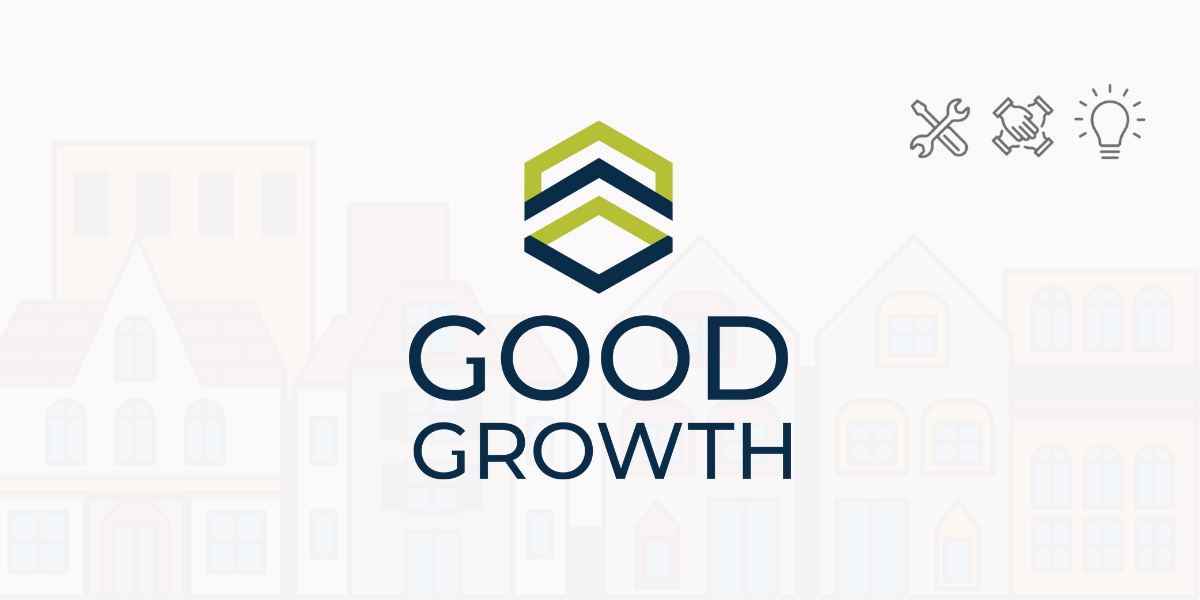APA Compass: Capturing Diverse API Experiences Through Media


Photo: Liz Rogers, APA Compass collective member, at the KBOO Community Radio station. Credit: Patti Sakurai.
by Patti Sakurai
APANO Board Member, Professor of Ethnic Studies at Oregon State University, and Collective Member of APA Compass
Friday, May 1st, marked the last airing of APA Compass, a collectively produced Asian Pacific American public affairs radio program that ran on KBOO for 10 years. I was one of the collective’s founding members, and though it had been several years since I was last involved in the show’s production, being on Friday’s program was an emotional moment, to say the least. I definitely had plenty of flashbacks to late nights editing at the station, stressful deadlines, and on-air nerves, but I was also reminded of the reason why we started the program in the first place: the virtual absence of our communities’ various perspectives, issues, and experiences in mainstream media.
While certainly the rise of internet-based new media has provided alternative means of getting our voices heard, getting similarly diverse and nuanced coverage via more traditional media formats has continued to be a challenge. Our very first program addressed incidents of anti-Asian racism on corporate radio in New York and New Jersey. Other pieces over the years included features on transracial/transnational adoption, the lack of post-Hurricane Katrina aid and services for Asian immigrant populations, human trafficking, and interviews with Yuri Kochiyama, Esera Tuaolo, Grace Lee Boggs, and Margaret Cho, just to name a few.
Going back to our original intentions for APA Compass, one thing we wanted to emphasize was that no single voice or feature could ever represent our many communities and perspectives—if anything, we hoped the overriding message of our program was to stress the diversity of our experiences and viewpoints over and against ongoing images of our communities as passive, apolitical, and homogeneous. Though APA Compass has ended, there is still so much left to be said. I strongly encourage others to consider getting involved in media production. I cannot overstate how grateful I am to have had the opportunity to be a part of the production collective and how grateful I am to KBOO as a community resource providing technical training and airtime. And to all those who participated in our programs over the years and anyone out there who might have listened, a heartfelt thanks as well. I eagerly look forward to hearing the next generation of much-needed voices.
Read more stories from AAPI Heritage Month.
Photo: Liz Rogers, APA Compass collective member, at the KBOO Community Radio station. Credit: Patti Sakurai.
by Patti Sakurai
APANO Board Member, Professor of Ethnic Studies at Oregon State University, and Collective Member of APA Compass
Friday, May 1st, marked the last airing of APA Compass, a collectively produced Asian Pacific American public affairs radio program that ran on KBOO for 10 years. I was one of the collective’s founding members, and though it had been several years since I was last involved in the show’s production, being on Friday’s program was an emotional moment, to say the least. I definitely had plenty of flashbacks to late nights editing at the station, stressful deadlines, and on-air nerves, but I was also reminded of the reason why we started the program in the first place: the virtual absence of our communities’ various perspectives, issues, and experiences in mainstream media.
While certainly the rise of internet-based new media has provided alternative means of getting our voices heard, getting similarly diverse and nuanced coverage via more traditional media formats has continued to be a challenge. Our very first program addressed incidents of anti-Asian racism on corporate radio in New York and New Jersey. Other pieces over the years included features on transracial/transnational adoption, the lack of post-Hurricane Katrina aid and services for Asian immigrant populations, human trafficking, and interviews with Yuri Kochiyama, Esera Tuaolo, Grace Lee Boggs, and Margaret Cho, just to name a few.
Going back to our original intentions for APA Compass, one thing we wanted to emphasize was that no single voice or feature could ever represent our many communities and perspectives—if anything, we hoped the overriding message of our program was to stress the diversity of our experiences and viewpoints over and against ongoing images of our communities as passive, apolitical, and homogeneous. Though APA Compass has ended, there is still so much left to be said. I strongly encourage others to consider getting involved in media production. I cannot overstate how grateful I am to have had the opportunity to be a part of the production collective and how grateful I am to KBOO as a community resource providing technical training and airtime. And to all those who participated in our programs over the years and anyone out there who might have listened, a heartfelt thanks as well. I eagerly look forward to hearing the next generation of much-needed voices.
Read more stories from AAPI Heritage Month.
Latest News


.png)